Family Fishing Weekend Ideas
There are plenty of great fishing spots for your family to explore across the country. No matter where you're located, these resources are here to help make your family fishing trips simple and fun.
Fishing With The Family
Fishing with family creates opportunities to learn about nature, acquire different skills, and make lifelong memories. Spending a weekend together outdoors is a great way for families to relax in a peaceful environment -- away from the stress and interruptions of daily life.
The excitement of a child's first catch and the feelings of accomplishment that are associated with learning new fishing techniques, are just two of the reasons why a family fishing weekend can be an incredibly rewarding experience. It's not hard to understand why fishing often becomes a cherished family tradition that is passed down from one generation to the next.
If you are looking for ideas for a family fishing trip or for upcoming family fishing vacations, you have plenty of options to choose from. There are trips for families who are new to fishing and trips for families who have been fishing together for years. Your level of experience isn't important as long as you are willing to learn.
- You can check to see when your state offers free fishing days, and then plan a weekend pier or shoreline fishing trip with your family. Use the gear and bait tips provided on the freshwater fishing pages or saltwater fishing pages, depending on where you plan to fish.
- If you want to stay close to home, attend a kids fishing clinic or family fishing seminar on a weekend to learn more about how to fish for certain species in your local area.
- You can visit a family-friendly fishing camp if you have school-age children. Most fishing camps have experienced anglers on staff that can help teach you and your family the basics.
Tips for Family Weekend Trips
Now that you are ready to plan a family fishing trip, keep just a few things in mind to ensure that your trips is enjoyable for everyone involved. You can help make your family fishing trip or fishing vacation fun and educational by remembering these tips.
- If your family is new to fishing, or if you plan to go fishing in a different state, it can help to find a knowledgeable fishing mentor or experienced guide who is familiar with the fish species and waterways in that area.
- Learn how to determine the best times to fish based on the seasons. Although, for busy families, the best time may simply be when you can get everyone together. If you are wondering when to fish with your family on any given day, try dawn or dusk.
- Be sure that every member of the family has a fishing license if required. Check the individual state laws for fishing license age requirements.
- Know the state fishing regulations before you go. When you are learning about and discussing why each state has different fishing regulations, there are many teachable moments that can arise. Take the time to identify and measure fish any fish you catch. Encourage kids to ask questions. If you need help with answers, contact the state agency in the area where you will be fishing.
- Consider the ages of everyone in your family. Remember to keep your fishing trips shorter (an hour or two) when fishing with young children. Shoreline or pier fishing trips can be the best kinds of early experiences for kids. This way kids can easily take a break when needed.
- Model positive fishing ethics. Fishing with family creates a perfect opportunity to educate kids about how our actions can impact aquatic ecosystems. Set a positive example by practicing proper catch and release, cleaning up litter, and being respectful of all wildlife.
- Try using live or natural baits rigged on circle hooks when fishing with kids or beginners. Live or natural baits tend to produce more bites, and will help keep kids actively engaged.
- Keep the first few trips simple. Emphasize the importance of patience. If your family has a great time on your first trips together, there will be more than enough time to improve and work on new techniques later.
- Snags and lost fish happen even to the most experienced of anglers. Remind your family that these situations provide good opportunities to learn and improve over time.
- Make sure safe fishing practices are a priority when fishing with family. For example, always make sure kids are wearing a personal flotation device when on or near the water.
- Have fun!
Go fishing and boating during the National Fishing and Boating Week, and prepare for your next family fishing adventure.
KEEP LEARNING
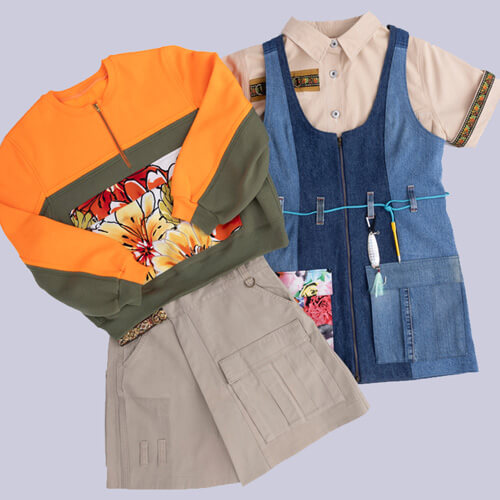
TakeMeFishing x Teen Vogue
Join us on a creative journey as fashion designer Ahmrii Johnson walks us through her collaborative vision and process with Teen Vogue and fashion brand, Rentrayage, to create a special piece.
LEARN MORE
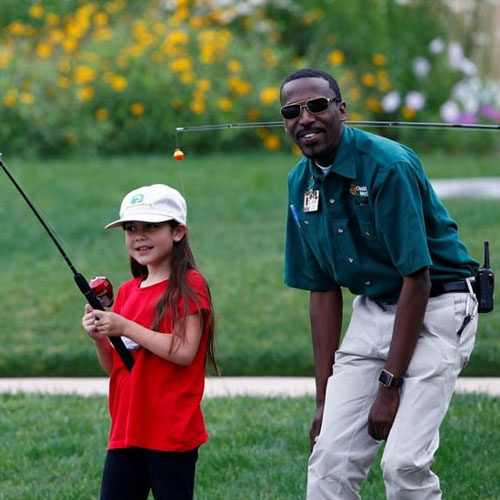
First Catch Center Trailer Gallery
FCC Trailer Photo Gallery
LEARN MORE
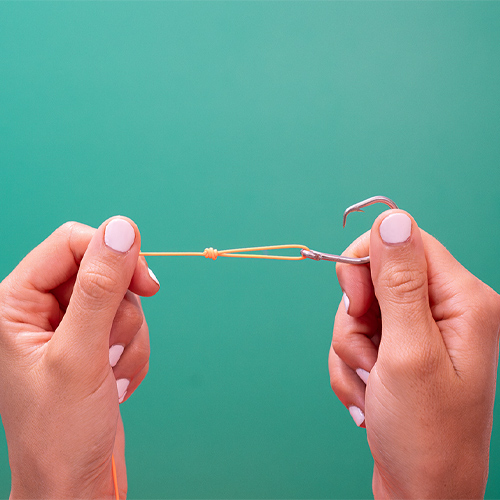
How to Tie a Duncan Knot
Learn to tie a Duncan knot by following these five simple steps. Watch our new video.
LEARN MORE

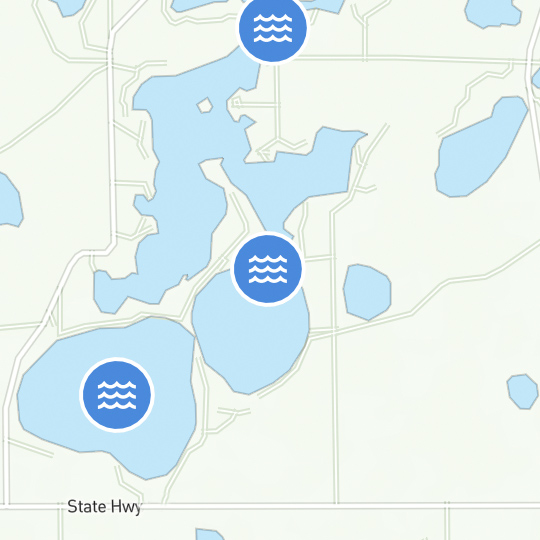
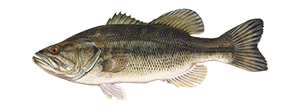.png?lang=en-US&ext=.png)